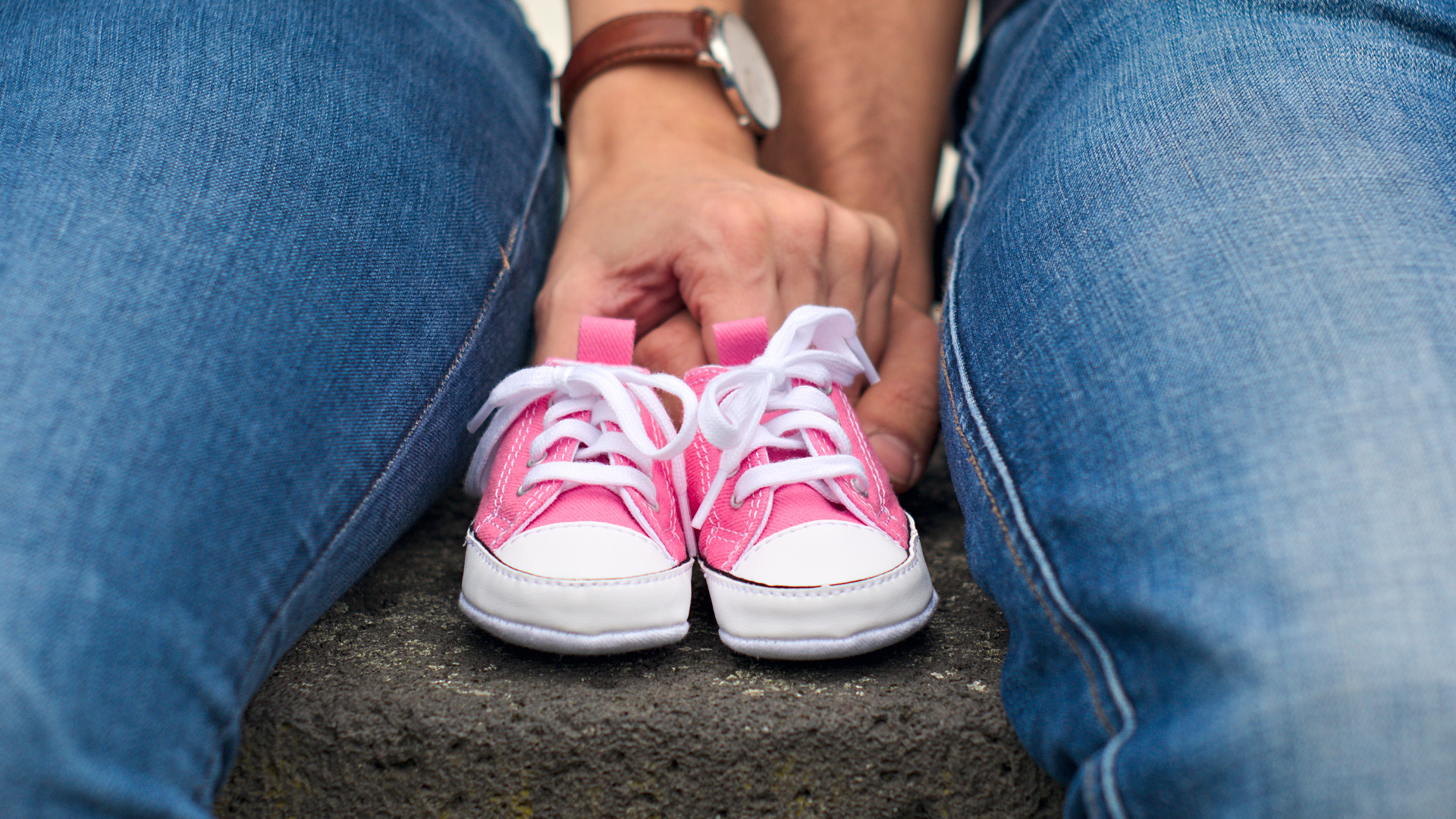Understanding Estrangement: A Path To Healing For Parents
When Your Child Chooses Distance
Estrangement is one of the most painful experiences a parent can face. You may feel confused, heartbroken, or ashamed and unsure of what to do next. You're not alone, and you're not beyond hope. It may feel as though the ground beneath you has shifted, leaving you uncertain of your place in your child's life. But even in the silence, there is room for reflection, growth, and the possibility of healing.


Why Does Estrangement Happen?
Estrangement doesn’t usually happen overnight. It’s often the result of long-standing emotional pain. Your child may have experienced:
- Feeling judged or criticised for being themselves
- Emotional neglect, even if unintentional
- Having to meet your emotional needs
- Conditional love or approval
- A lack of emotional safety or support
This isn't about blame. It's about understanding.
“But I Did My Best…”
Many parents carry the weight of confusion and sadness, feeling that they truly did everything they could for their child.
"I gave them everything."
"I only ever wanted the best for them."
It can be deeply painful when that effort isn't recognised or, worse, is misunderstood. The intention behind your actions may have been rooted in love, protection, or guidance, yet the way those actions were experienced by your child may have left them feeling criticised, unseen, or emotionally unsafe.
This doesn’t make you a bad parent; it simply reveals the gap that can exist between what we mean and how it is received. Within that space lies an opportunity to reflect, not with blame but with compassion, for yourself and for your child.
Doing your best and causing pain are not mutually exclusive. This isn’t a failure; it’s a chance to reflect, to grow, and maybe to reconnect.


The Grief of Being Shut Out
"Why don’t they see all that I’ve done for them?"
The grief of estrangement is rarely straightforward. It’s not just about the absence of your child; it’s about mourning the relationship you hoped for, the connection you thought would always be there. This grief is layered and complicated: sadness for what’s been lost, confusion over how it happened, anger at the perceived injustice, and shame that you can’t seem to fix it.
These are deeply human feelings, and they deserve to be acknowledged without judgment. While the road to healing may feel unclear, it is possible, and it begins with gentle self-reflection and compassionate support.
Unconditional Love – What It Really Means
Unconditional love doesn’t mean approving of everything your child does; it means loving them even when they don't meet your expectations. It means accepting who they are, respecting their boundaries, and showing emotional availability even when you’re hurting.
Common conditional thoughts:
-
“I’ll support them if they apologise.”
-
“They need to understand what they’ve put me through.”
You’re not wrong for feeling this way. But if connection is the goal, it helps to meet your child where they are, not where you wish they were.


Generational Patterns & Reflection
Was there estrangement or emotional distance in your own upbringing? Or maybe you can see estrangement littered throughout your extended family.
Many parents unconsciously carry forward what they experienced.
Recognising these patterns isn’t about blame; it’s about breaking cycles and creating new ways of relating.
Understanding your family story is the first step to changing it.
Breaking the cycle starts with you.
Can the Relationship Be Repaired?
Yes, but not through pressure. Through presence.
Reconnection isn’t guaranteed, but it is possible when there’s emotional safety, shared responsibility, and time. You can’t force it, but you can prepare for it. Start by:
- Taking responsibility for your role
- Listening without defending
- Respecting your child’s boundaries
- Focusing on your own emotional growth
- Reconnection takes time, space, and emotional safety
- You can start the healing, even if your child isn’t ready
- Therapy can help you find clarity, compassion, and calm


How Therapy Can Help
Therapy provides a safe space for you to reflect, grieve, and grow. It’s not about assigning blame; it’s about understanding the emotional roots of your relationship and preparing to show up differently, whether or not reconciliation happens.
Schedule a FREE 30 Minute Call"I want you to know: you are not alone, and you are not beyond hope. You are a human being, learning and growing, just as your child is. Whether reconciliation happens or not, you deserve peace, clarity, and healing."






